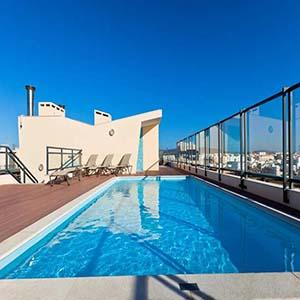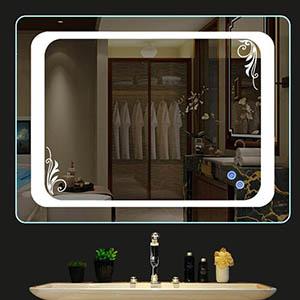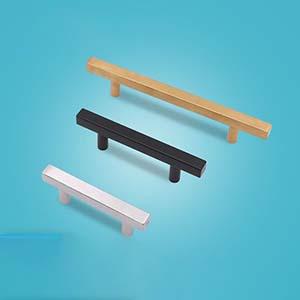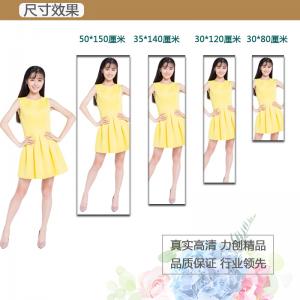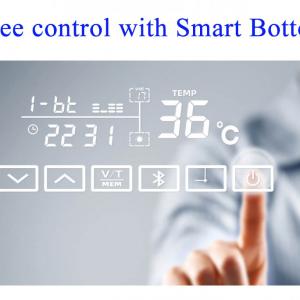How to Fix 4 Common Headaches When Working with a Supplier Tempered Glass
How to Fix 4 Common Headaches When Working with a supplier tempered glass
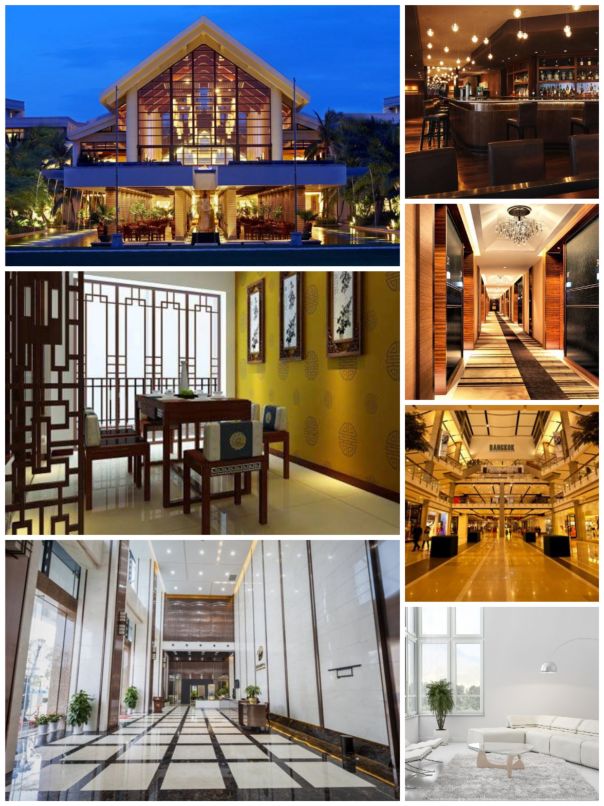
For anyone sourcing or using tempered glass—whether you’re a contractor, interior designer, or business owner—working with a supplier tempered glass should make your job easier, not harder. But too often, buyers hit roadblocks: confusing certifications, ill-fitting glass, slow after-sales help, or stock shortages that derail projects. These issues aren’t just frustrating—they cost time and money. As someone who’s helped hundreds of clients navigate glass sourcing, I’m breaking down the most common problems and exactly how to solve them, so you can work with your supplier stress-free.
1. Problem: You’re Confused by International Certifications (and Risk Customs Delays)
One of the biggest mistakes first-time and even experienced buyers make is assuming all “certified” tempered glass is the same. A client in Southeast Asia once ordered 300 panels from a supplier who claimed “global certification”—only to have the shipment held at customs. The issue? The glass had a generic certificate, not the ASTM standard required for their market. By the time they fixed it, their project was delayed 3 weeks.
Solution: Pick a tempered glass supplier with certification help.
A good supplier won’t just hand you a certificate—they’ll explain which one you actually need. Ask: “What certifications do you offer for [your region, e.g., North America, Europe]?” and “Can you walk me through why this standard matters for my project?” At Hiking Glass & Mirror, we start by asking about your end market: if you’re shipping to the EU, we provide CE certification; for the U.S., ASTM; for Australia, AS/NZS. We even include a one-page “certification cheat sheet” with your order, so customs has no questions. That Southeast Asian client now works with us—and their last shipment cleared customs in 48 hours.
A good supplier won’t just hand you a certificate—they’ll explain which one you actually need. Ask: “What certifications do you offer for [your region, e.g., North America, Europe]?” and “Can you walk me through why this standard matters for my project?” At Hiking Glass & Mirror, we start by asking about your end market: if you’re shipping to the EU, we provide CE certification; for the U.S., ASTM; for Australia, AS/NZS. We even include a one-page “certification cheat sheet” with your order, so customs has no questions. That Southeast Asian client now works with us—and their last shipment cleared customs in 48 hours.
2. Problem: The Glass Doesn’t Fit Your Hardware (and You Can’t Install It)
Imagine receiving 50 tempered glass panels for shower doors, only to find the pre-drilled holes don’t line up with your hinges. That’s exactly what happened to a furniture maker in Europe. Their supplier had used a generic hole template, not the client’s specific hardware dimensions. Reworking the glass cost them $2,000 and a week of delays.
Solution: Work with a tempered glass supplier for fitting.
Don’t leave measurements to chance. Share your hardware specs (or even a sample hinge) with your supplier, and ask for a “fit check” before full production. A great supplier will create a 3D mockup of the glass with your hardware, or send a single test panel first. For that European furniture maker, we tested one panel with their hinges, adjusted the hole placement by 2mm, and the rest of the order fit perfectly. No rework, no delays—just smooth installation.
Don’t leave measurements to chance. Share your hardware specs (or even a sample hinge) with your supplier, and ask for a “fit check” before full production. A great supplier will create a 3D mockup of the glass with your hardware, or send a single test panel first. For that European furniture maker, we tested one panel with their hinges, adjusted the hole placement by 2mm, and the rest of the order fit perfectly. No rework, no delays—just smooth installation.
3. Problem: A Few Panels Crack, and the Supplier Ignores Your Request for Replacements
Even with careful shipping, a small number of panels might arrive damaged or crack during installation. The problem isn’t the crack—it’s the supplier who says, “That’s not our problem.” A hotel client in the U.S. had 2 out of 150 lobby glass panels crack during mounting. Their supplier refused to replace them, claiming “installation error”—leaving the hotel to buy new panels at the last minute.
Solution: Choose a tempered glass supplier with after-sales.
Before ordering, ask: “What’s your policy for damaged or cracked panels?” Look for suppliers who offer a clear replacement guarantee—no blame-shifting. We promise to replace any panel that’s damaged in transit or has a manufacturing defect within 48 hours. For that U.S. hotel, we shipped two new panels via express (at our cost) and they arrived in 3 days—just in time for their grand opening. After-sales isn’t a “nice-to-have”—it’s a must.
Before ordering, ask: “What’s your policy for damaged or cracked panels?” Look for suppliers who offer a clear replacement guarantee—no blame-shifting. We promise to replace any panel that’s damaged in transit or has a manufacturing defect within 48 hours. For that U.S. hotel, we shipped two new panels via express (at our cost) and they arrived in 3 days—just in time for their grand opening. After-sales isn’t a “nice-to-have”—it’s a must.
4. Problem: You Need Small Restocks Fast, But the Supplier Has Long Lead Times
Projects rarely end with one order. You might need 10 more panels 6 months later to fix a mistake, or 20 extra for a last-minute add-on. But many suppliers require large minimum orders or 4-week lead times for small restocks. A retail client in the Middle East needed 12 replacement tempered glass shelves for their store—their supplier said, “Minimum order 100, 3 weeks.” They had to close a section of the store until the order arrived.
Solution: Partner with a tempered glass supplier for urgent orders.
Look for suppliers who keep common glass sizes in stock (e.g., 12mm clear tempered glass) and offer “quick ship” options for small restocks. We maintain a small inventory of popular sizes, so we can ship 5–50 panels in 3–5 days. That Middle Eastern client now orders restocks from us—their last 12 shelves arrived in 4 days, and they didn’t have to close their store.
Look for suppliers who keep common glass sizes in stock (e.g., 12mm clear tempered glass) and offer “quick ship” options for small restocks. We maintain a small inventory of popular sizes, so we can ship 5–50 panels in 3–5 days. That Middle Eastern client now orders restocks from us—their last 12 shelves arrived in 4 days, and they didn’t have to close their store.
How to Avoid These Headaches for Good
The key to smooth glass sourcing is choosing a supplier tempered glass that doesn’t just sell you product—they solve your problems. Ask specific questions upfront (about certifications, fitting, after-sales, and restocks), and don’t settle for vague answers. When your supplier understands your needs and has systems to fix issues, you can focus on your project—not chasing glass.
